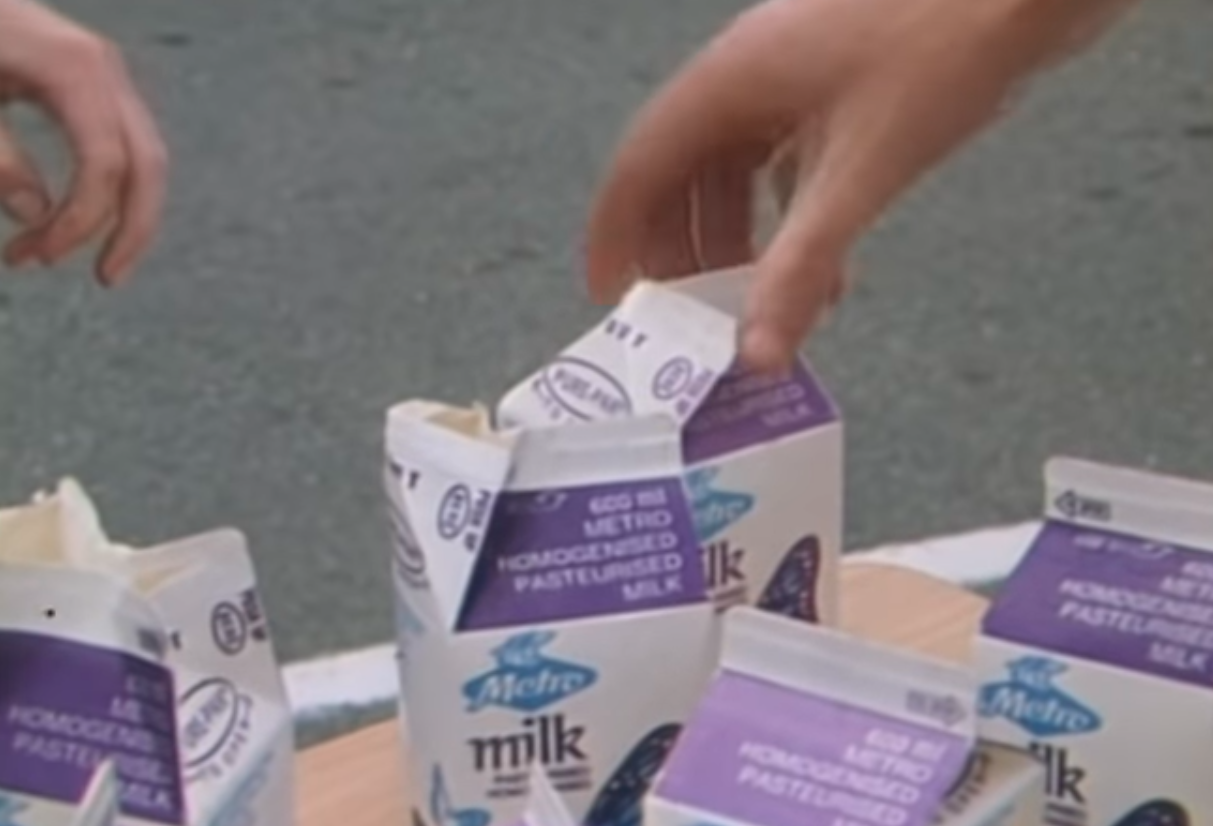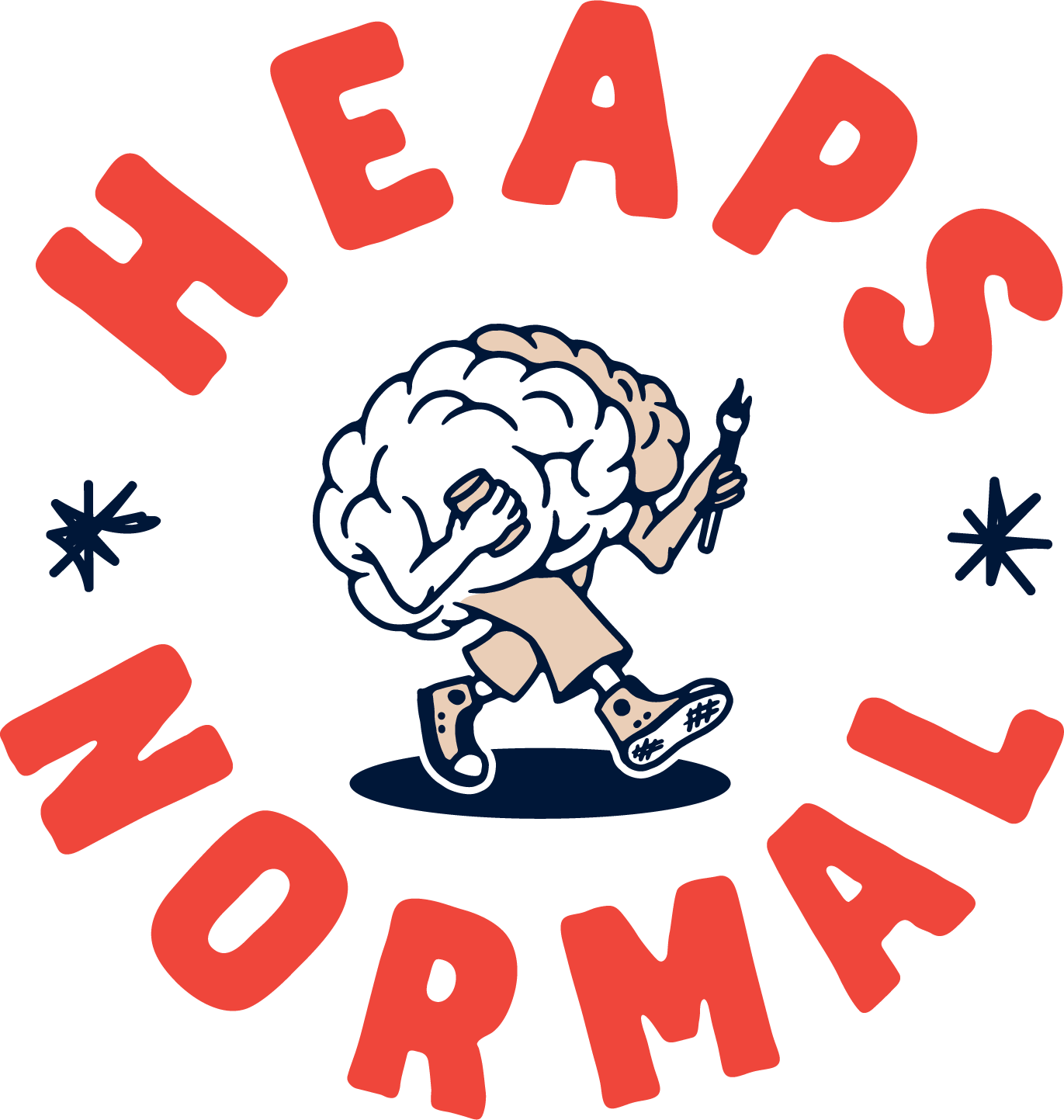EVANGELA LINES-MORISON
Manual Dexterity
01 June 2024—23 June 2024
Opening:
Saturday 1st June, 6 - 8 PM

Manual Dexterity
Evangela-Lines Morison
Text by Beth Downing
“Imagine,” says Evie, “a time when people didn’t know how to open milk cartons”. I’m at her house in the winter of 2022. We’ve been watching youtube videos on the TV, going through Evie’s ‘liked’ folder. She’s showing me one that she recently found and saved - she’s excited for me to see it. In the video, it is 1976, somewhere in Australia. A young TV presenter in a turtleneck stands in a Target carpark, bemoaning the rising popularity of cardboard milk cartons with their fold-out spouts. “I’ve never admitted it to anyone before, but I’ve constantly found it impossible to open one of these cartons of milk properly [...]. at times it’s left me depressed, frustrated, and wondering about my manual dexterity”. He invites members of the public to demonstrate their approaches to opening milk cartons. They tear into the cardboard, open both sides, and stick their fingers into the spouts. The segment ends with the presenter providing a final demonstration of how to properly open a milk carton. He fails, and the milk explodes in his face. “Simple as that,” he says, as the cameras cut.
It’s quaint and charming. The presenter and interviewees all have the now-extinct accent of a generation past. You get the sense that at the time of filming, the difficulty of opening milk cartons was ubiquitous enough that almost anyone approached would harbour an opinion. The clip has a self-aware mundanity that makes it both comedic and compelling.
Evie’s works exist on a similar register to Annie Ernaux’s memoir The Years, in which personal experience (marriage, childbirth, and divorce) becomes an imprint on collective experience (war, invention, brands, politics). The Years feels like a biography of time itself - being lived through, forgotten, passed through, lost, and remembered. Whilst Evie’s works depict a time long before her living memory, they contain the same impersonal nostalgia and concern with universality.
The nostalgia present in the works is not a longing for qualities that are unique to the time depicted. There is no longing for the realities of the past. Instead, the qualities that have been and gone become a proxy for a universal experience that can be hard to come by. Laughing with a stranger. Feeling something communicable within a group, even if it is so inconsequential, like being unable to open a milk carton. When was the last time we saw something truly new? There is a sense of loss. Would anyone from this clip even remember participating? In ten years’ time, or twenty, would they remember the minor frustration they had once experienced when trying to open a milk carton? What was once new becomes commonplace so quickly.


